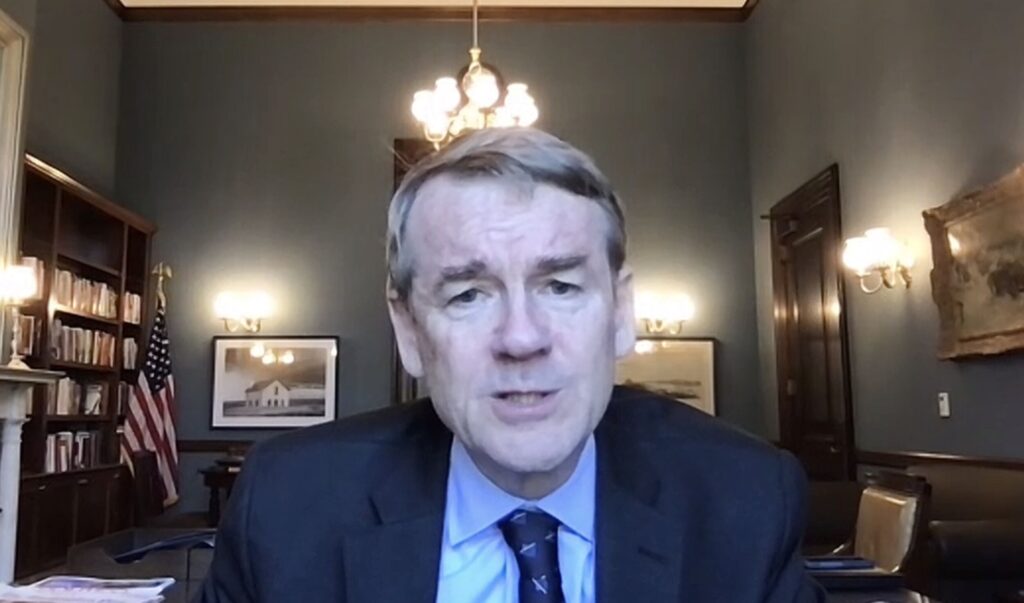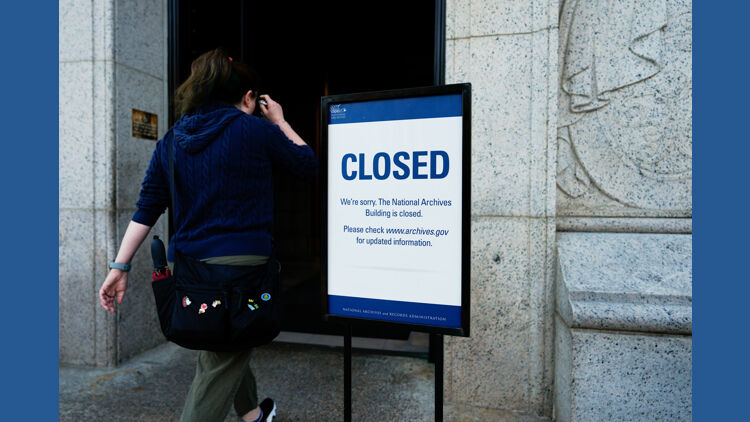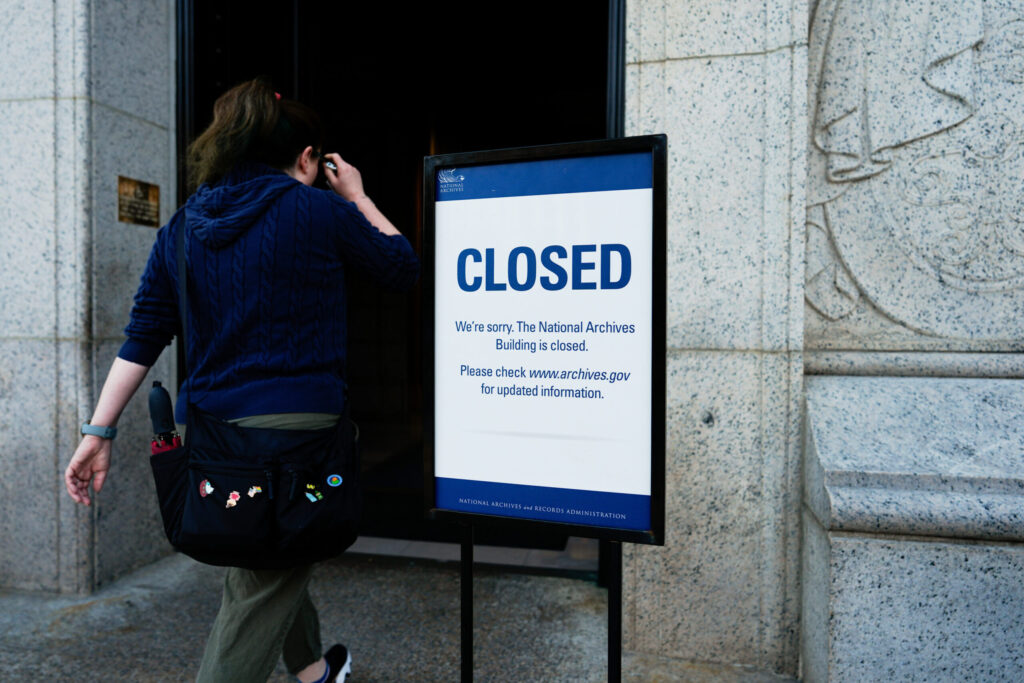Colorado officials give cold shoulder to Sessions’ request to let federal prosecutors target medical marijuana industry
U.S. Attorney General Jeff Sessions wants Congress to allow federal prosecutors to target legal medical marijuana providers, but Colorado officials and members of the state’s congressional delegation say they like things the way they are.
In a May 1 letter to congressional leaders made public this week, Sessions asks lawmakers to nullify the Rohrabacher-Farr Amendment, named after its initial sponsors, a bipartisan budget measure in place since 2014 that forbids the feds from interfering with the medical marijuana industry in certain states where it’s legal.
Sessions argues that it would be “unwise” to hamper the Department of Justice from enforcing federal narcotics law, “particularly in the midst of an historic drug epidemic and potentially long-term uptick in violent crime.”
Trump administration officials have suggested the federal government could begin cracking down on the marijuana trade in states where it’s legal, although the administration has encountered fierce push-back from states, including Colorado.
In the letter to Congress, which was first reported Monday by MassRoots, a marijuana-related news site, Sessions charges that drug traffickers “already cultivate and distribute marijuana inside the United States under the guise of state medical marijuana laws.” He points to a recent set of indictments alleging the holder of a Colorado medical marijuana license was the ringleader of a criminal conspiracy to ship marijuana out of state.
Colorado’s governor, a Democrat, and top law enforcement officer, a Republican, however, told Colorado Politics on Wednesday they believe the prohibition on federal interference with state medical marijuana laws makes sense and expect it will stay on the books.
In addition, two Republican members of Colorado’s congressional delegation, including a former prosecutor, said they support the amendment.
“Throughout the period of legalization in Colorado, we have worked to build and maintain a regulatory structure that protects public health, public safety, and other law enforcement interests,” Gov. John Hickenlooper’s spokeswoman, Jacque Montgomery, told Colorado Politics. “We have maintained a collaborative relationship with the federal government as we’ve built Colorado’s existing regulatory structure. Rohrabacher-Farr plays an important role in our collaborative relationship, which we hope will continue.”
Attorney General Cynthia Coffman suggested that Sessions’ argument, far from supporting his position, demonstrate that the system is working in Colorado, which legalized medical marijuana in 2000 and became one of the first jurisdictions in the world to legalize recreational marijuana in 2012 when voters approved Amendment 64.
“General Sessions correctly notes that Colorado is aggressively prosecuting individuals who commit crimes under the cover of Colorado’s medical marijuana laws,” Coffman told Colorado Politics. “However, his comments appear on their face to be a blanket repudiation of all marijuana and state control of its growth, sale, and use, even where regulations and enforcement are effective. I anticipate Congress will stand by its rider on the Department of Justice appropriation in deference to states’ rights, but the legalized pot discussion is far from over.”
In all, 29 states and the District of Columbia allow medical marijuana, and recreational marijuana is legal in eight states and the District of Columbia, although federal law still classifies it as an illegal, controlled substance.
U.S. Rep. Mike Coffman not only swung back at Sessions and his request but doubled down on a proposal he aired earlier this year to restrict the Justice Department from targeting the recreational marijuana trade in states where it’s legal.
“The voters of Colorado made a decision to legalize marijuana, and I will continue to do everything I can to defend that decision to include supporting an appropriations amendment that would prohibit the expenditure of any funds for the purpose of enforcing federal marijuana laws against a state that has legalized marijuana,” Coffman told Colorado Politics.
U.S. Rep. Ken Buck, the former Weld County district attorney, had a succinct response to Sessions.
“I have read the Attorney General’s letter and considered his reasoning, and I continue to support the Rohrabacher-Farr Amendment,” Buck said.











